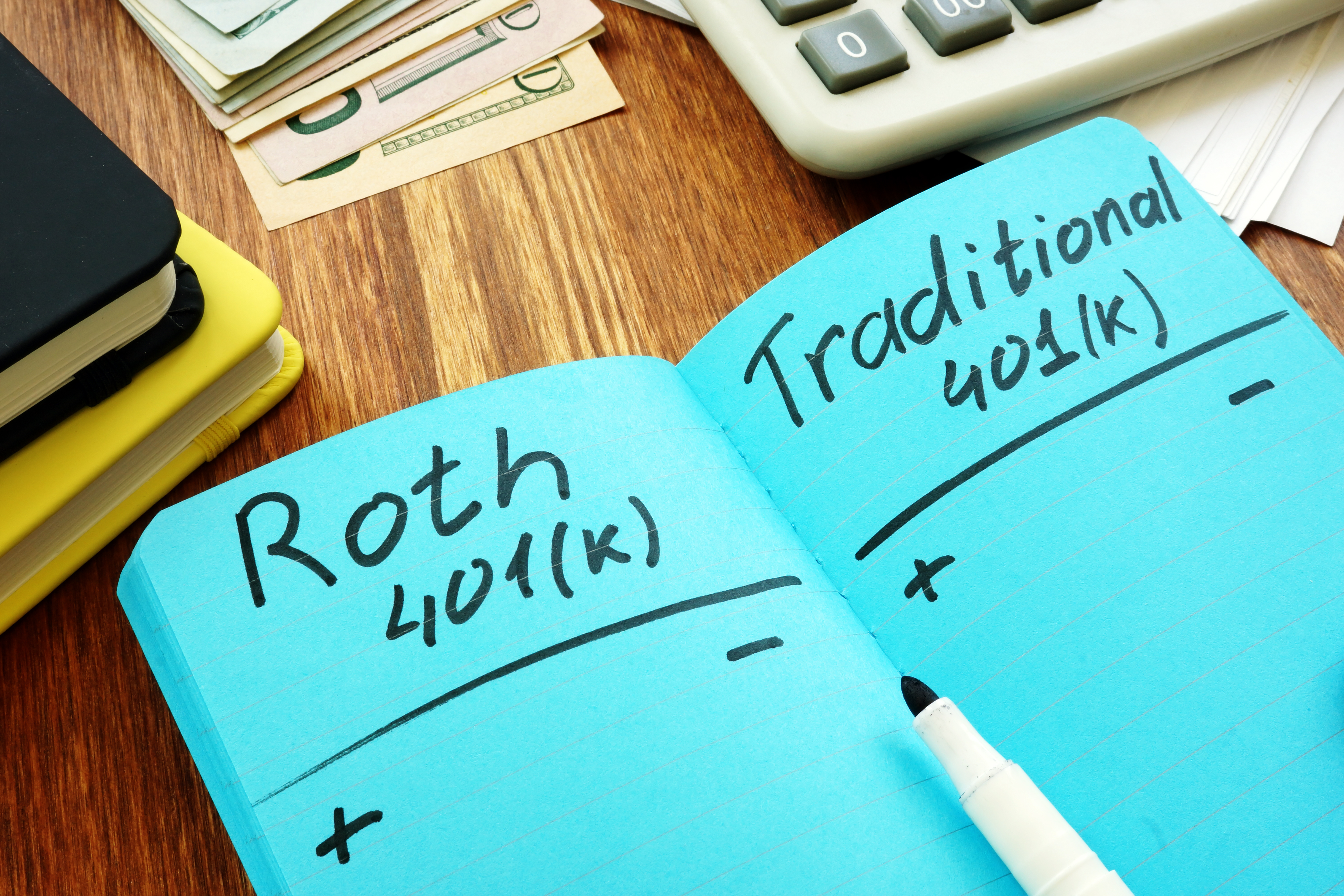Like most people, you probably have a vivid, exciting picture of what your ideal retirement will look like. Maybe it’s spending time with family at a beach house, crossing off the books that have accumulated on your to-read list, or finally being able to volunteer enough of your time to make a difference for your favorite charity. But there’s no doubt that the journey to retirement is long and winding—and, as with any journey, you’ll encounter challenges along the way before arriving at your desired destination. Adopting good financial habits is a must for plotting a successful retirement journey. Let’s explore five positive ways to get—and stay—on the right track.
Perhaps you operate your small business as a sole proprietorship and want to form a limited liability company (LLC) to protect your assets. Or maybe you are launching a new business and want to know your options for setting it up. Here are the basics of operating as an LLC and why it might be appropriate for your business.
As we discussed in the first post in our 3-part 401(k) plan audit blog series, companies that have an employee benefit plan with 100 or more participants are required by ERISA (the Employee Retirement Income Security Act of 1974) to have an annual audit by an independent public accountant. However, in many cases plan managers may choose to engage in a limited-scope audit instead of a full-scope audit. In this last post in our series on 401(k) audits, we’ll discuss the differences between limited scope and full scope audits, and how to tell which is right for your company.
Do you play a major role in a closely held corporation and sometimes spend money on corporate expenses personally? These costs may wind up being nondeductible both by an officer and the corporation unless proper steps are taken. This issue is more likely to arise in connection with a financially troubled corporation.
The IRS launched a new feature on their website this week giving taxpayers digital control over who can represent them or view their tax records. This groundbreaking new feature is one of many recent changes to the IRS’ online tools for individuals, making it easier than ever for taxpayers to manage their records online.
The Economic Growth and Tax Relief Reconciliation Act of 2001 introduced the Roth 401(k) as a retirement plan that employers may offer to their employees as of January 1, 2006. Of course, there are questions that need to be considered, the most important being, should you contribute to a Roth 401(k)?











